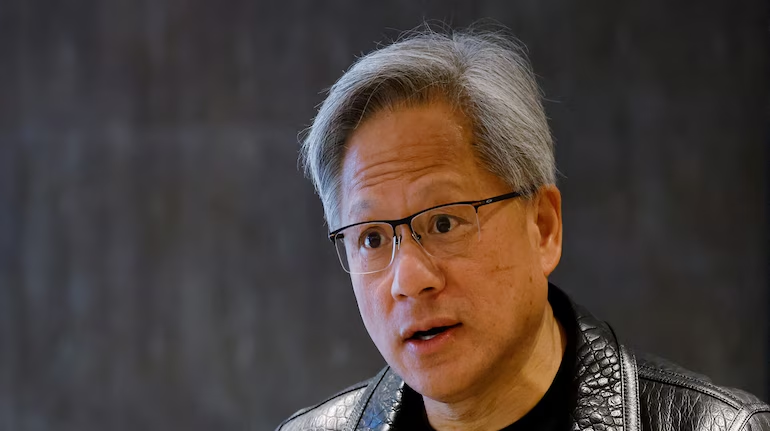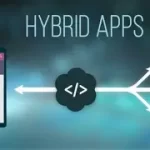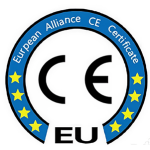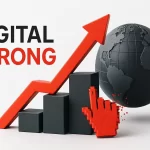Why Jensen Huang, the leader of Nvidia, and Elon Musk are encouraging students to focus on studying physics rather than just learning coding during the age of artificial intelligence.
Nvidia’s CEO, Jensen Huang, said he would choose to study physics instead of coding if he were a student now, which is similar to what Elon Musk has suggested—focusing on real-world sciences for the future driven by AI.
In a world that is becoming more shaped by artificial intelligence and automation, some of the top tech leaders are suggesting a different approach. Instead of focusing more on software and coding, Jensen Huang from Nvidia and Elon Musk from Tesla are encouraging today’s students to pay more attention to basic subjects, especially physics and math.
Jensen Huang: The importance of physical sciences
At a recent event in Beijing, Huang was asked what he would study if he were a 22-year-old graduate in 2025.
His answer surprised many. “I would probably study physical sciences,” he said, choosing physics over computer science. Even though he built Nvidia into the world’s most valuable chip company, Huang believes the next big step in AI isn’t just about software but understanding the physical world.
Huang explained that future AI systems, especially those used in robotics and real-life settings, will need a solid grasp of physics.
“The next big thing requires knowing things like friction, inertia, and cause and effect,” he said, calling it “Physical AI. ” As AI moves beyond just seeing and thinking to actually interacting with the real world, knowledge of physics, mechanics, and materials science will become more important.
Elon Musk and the math-physics approach
Elon Musk, who runs companies like Tesla and SpaceX, has always supported physics as the base for serious problem solving.
When Telegram CEO Pavel Durov posted something encouraging students to learn math, Musk replied simply: “Physics (with math). ” He often says that understanding first principles—basic truths from physics—is essential for creating big, scalable ideas.
Musk’s support for physics fits with his real-life projects.
Whether it’s rockets or self-driving cars, the challenges he faces require a deep knowledge of physics that goes beyond just coding logic.
Why this change is important
The advice from Huang and Musk shows a bigger change in how people are thinking. While coding is still important, these leaders are pushing for a return to the scientific roots that make real-world innovation possible. Physical AI and robotics are seen as the future of working together between humans and machines, and success in these areas depends more on understanding how the world works than on writing code.






